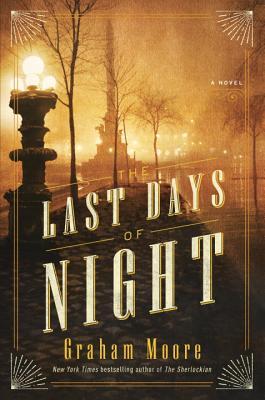 The Last Days of Night
The Last Days of Night by
Graham Moore Formats available: hardcover, paperback, ebook, audiobook
Pages: 368
Published by Random House on August 16th 2016
Purchasing Info: Author's Website,
Publisher's Website,
Amazon,
Barnes & Noble,
Kobo,
Bookshop.org Goodreads A thrilling novel based on actual events, about the nature of genius, the cost of ambition, and the battle to electrify America—from the Oscar-winning screenwriter of The Imitation Game and New York Times bestselling author of The Sherlockian
New York, 1888. Gas lamps still flicker in the city streets, but the miracle of electric light is in its infancy. The person who controls the means to turn night into day will make history—and a vast fortune. A young untested lawyer named Paul Cravath, fresh out of Columbia Law School, takes a case that seems impossible to win. Paul’s client, George Westinghouse, has been sued by Thomas Edison over a billion-dollar question: Who invented the light bulb and holds the right to power the country?
The case affords Paul entry to the heady world of high society—the glittering parties in Gramercy Park mansions, and the more insidious dealings done behind closed doors. The task facing him is beyond daunting. Edison is a wily, dangerous opponent with vast resources at his disposal—private spies, newspapers in his pocket, and the backing of J. P. Morgan himself. Yet this unknown lawyer shares with his famous adversary a compulsion to win at all costs. How will he do it?
In obsessive pursuit of victory, Paul crosses paths with Nikola Tesla, an eccentric, brilliant inventor who may hold the key to defeating Edison, and with Agnes Huntington, a beautiful opera singer who proves to be a flawless performer on stage and off. As Paul takes greater and greater risks, he’ll find that everyone in his path is playing their own game, and no one is quite who they seem.
My Review:
This is one of those stories that if it weren’t mostly true, would absolutely shred the willing suspension of disbelief. But it is mostly true. And it is fascinating.
The story is about the birth of the modern technological world, as midwifed by three extremely different men. Men without whom the world as we know it would be much the poorer – and also still in the dark.
In the late 1880s and early 1890s the United States (and the rest of the world) was on the edge of a technological revolution. And that revolution was in the midst of a great battle, admittedly one being fought in law offices and courtrooms, and not with rifles and bayonets.
But this story still begins with a death. Young (very young) attorney Paul Cravath witnesses a man’s electrocution on the streets of New York. It was an accident, but it certainly sets the stage for what happens next.
And for the rest of Cravath’s life.
Electricity as a public utility was in its infancy. In fact, the country was still deciding whether Direct Current (DC) or Alternating Current (AC) would be the way to go. The conflict was heightened, exacerbated and pushed to greater levels of mania by the antipathy between the leaders of the competing schemes.
The great inventor, Thomas Alva Edison was a proponent of direct current. George Westinghouse was the leading proponent for alternating current, and was building generators to push his movement. As history knows, AC won the “War of Currents”, but no one knew that at the time.
Edison and Westinghouse were locked in epic, if metaphorical, battle. But the battleground wasn’t actually the current. Edison took the fight in a direction he was certain he could win. Westinghouse was also selling light bulbs. And Edison seemed to have an iron-clad claim, and the legal and monetary resources to back it, that Westinghouse was infringing on his patent.
Enter young Cravath. He was too young and too inexperienced to have a clue just what he was letting himself in for. So when Westinghouse offered him the job of lead attorney on his case against Edison, he jumped for it. It was the opportunity of a lifetime – if he could pull it off. And Cravath was just young enough at the beginning of the case to be certain that he could. That his career would end in ignominy if he failed wasn’t something he saw at first – and when he does it nearly flattens him.
So the young lawyer placed himself in the middle of the battle between two titans. And into the fray he introduced a third, Nikola Tesla. For years, Westinghouse and Edison fought over the provenance of the lightbulb, the question of which current would power the country, and the life and fate of Tesla, who was a bit too lost in his dreamworld of inventing to know just how much of a catspaw he really was.
In the end, Cravath doesn’t exactly win. But he doesn’t actually lose, either. And the way he gets there, and what he experiences, keep the reader glued to the page until the very end.
And there’s light.
Escape Rating A-: This is a story that rewards sticking with it. It takes a while to build its momentum, partly because Cravath doesn’t start out to be a particularly interesting character. We see things from his point of view, but he isn’t half as interesting as the three giants at the center of the controversy, Edison, Westinghouse and Tesla.
At the halfway point, the story lights up with a flash, and as Cravath finally figures out what he’s doing. From that point on, it’s hard to stop.
Part of what makes the story interesting is the way that Cravath changes. He’s pretty naive at the beginning. By the end he’s a cynical mess, betrayed on all sides. But he’s also finally an adult. And still operating way above his head.
Another point that fascinates is the different perspectives on the three inventors, Edison, Westinghouse and Tesla. They are alike, and they are all different. Tesla is a pure dreamer; he doesn’t need to see his dreams built, he gets satisfaction from the invention just by thinking it up. Westinghouse is the engineer who gets his satisfaction from building the device itself. Edison, the figure who towers so tall over American invention, does not come off nearly as well as the others. Edison wants to win at all costs, and is definitely a proponent of the ends justifying the means.
In order to beat him, Cravath has to become the same. He nearly destroys his life to win. Watching him step up to the line and just barely pulling back from the brink makes the story, and his life.
That most of what occurs in the book also happened in real life just makes the story that much more fascinating. You really couldn’t make this stuff up.
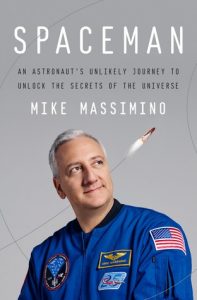 Blog Recap:
Blog Recap: Coming Next Week:
Coming Next Week:









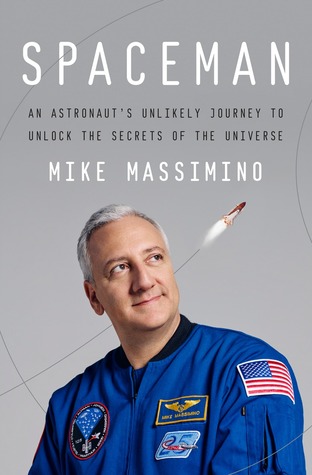 Spaceman: An Astronaut's Unlikely Journey to Unlock the Secrets of the Universe by
Spaceman: An Astronaut's Unlikely Journey to Unlock the Secrets of the Universe by  The Last Days of Night by
The Last Days of Night by  Hold Me, Cowboy (Copper Ridge: Desire #2) by
Hold Me, Cowboy (Copper Ridge: Desire #2) by 
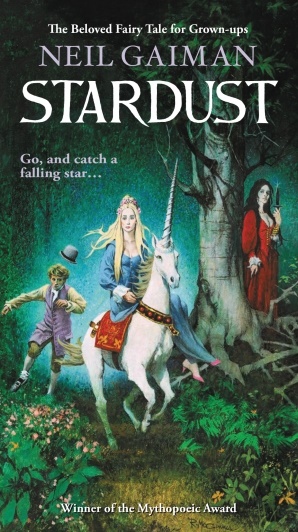 Stardust by
Stardust by 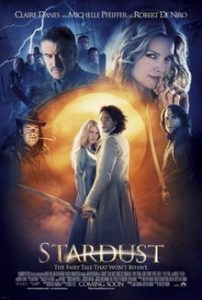 Never judge a book by its movie. I saw the movie
Never judge a book by its movie. I saw the movie 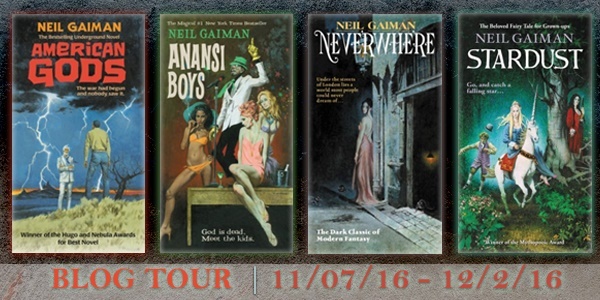
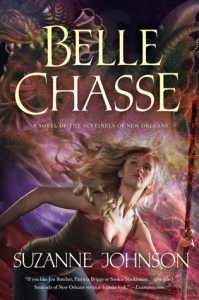 Blog Recap:
Blog Recap: Coming Next Week:
Coming Next Week:







